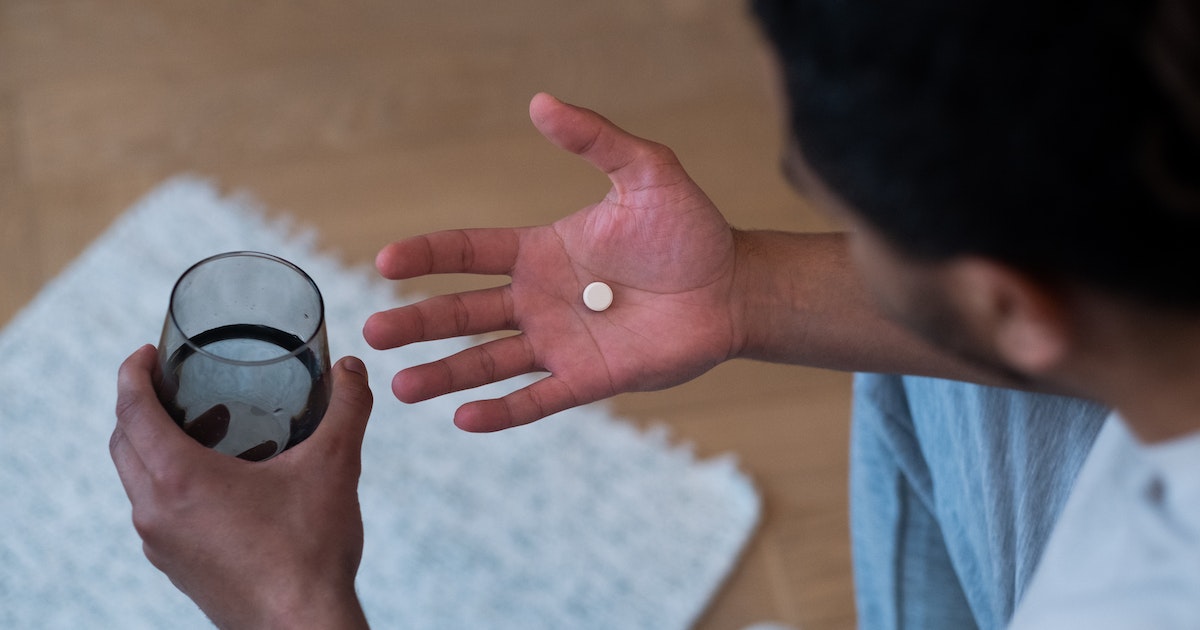Prescription medications serve an important purpose as they help alleviate pain, manage symptoms and improve quality of life. But they also have the potential to be mishandled, and when they are, the risk of harm significantly increases.
The most commonly abused prescription drugs include opioids, central nervous system depressants and stimulants. Not only have treatment admissions for prescription drug use disorders increased but also so have overdose deaths.
Since prescription drug misuse is a growing concern, it’s important to recognize the signs of a potential problem. Below are the stages and signs that may suggest that you are misusing prescription medications.
Stages of Prescription Drug Addiction
An addiction to any type of substance does not happen overnight. It’s a process, and how long it takes to become physically and/or psychologically dependent varies on the substance, the individual and other factors. Most people who end up needing drug rehab in PA go through the following stages:
Phase 1: Non-medical use
The first sign of a potential problem is using prescription medications for non-medical uses, such as to cope with a problem or have fun. Sometimes this experimentation can occur with no further desire to use the drug, and other times, it can become a more frequent problem, leading to the next stage: misuse.
Phase 2: Misuse
Misusing prescription drugs is similar to non-medical use except that it’s done at a more chronic level. So, if you find yourself regularly misusing prescription drugs, you are now in the second phase of the process. This is a crucial phase because it’s generally when tolerance happens, which means you’ll have to keep increasing the dosage to get the same effects.
Phase 3: Abuse
The chronic abuse of prescription drugs is a clear sign of addiction. You may also begin to notice other problems occurring as a result of the drug use, such as relationship troubles, financial struggles and problems at work. Furthermore, you may experience withdrawal symptoms when you don’t have the drug.
Phase 4: Addiction
The last stage is when a physical and psychological addiction forms. Physical dependence causes withdrawal symptoms and psychological dependence leads to cravings, obsessing over drugs and timing the doses so you don’t come down. Because it can be difficult to continue obtaining prescription medications, some people turn to street drugs as a replacement.
Signs of Prescription Drug Abuse
Now that you’re familiar with how an addiction to prescription drugs can form, here are some signs to pay attention to:
- Continued use of the medication, even when your symptoms have subsided
- Complaining about vague symptoms to get a refill
- Lack of interest in other treatment options
- Secretive or deceitful behavior, such as ‘losing’ your prescriptions
- Doctor shopping - visiting multiple doctors to get additional prescriptions
- Using prescription medications from other people
- Using more than the recommended dosage
- Developing a high tolerance
- Withdrawing from friends, family and hobbies
- Physical withdrawal symptoms when missing a dose
Seek Help for Prescription Drug Addiction
If you are struggling with an addiction to prescription medications, contact Recovery Cove at 484-549-COVE. These problems typically happen unexpectedly following a medical procedure, injury or illness, and you may not know where to turn to for help. It’s important to know that you can overcome this and get back to living a healthy, sober life.




